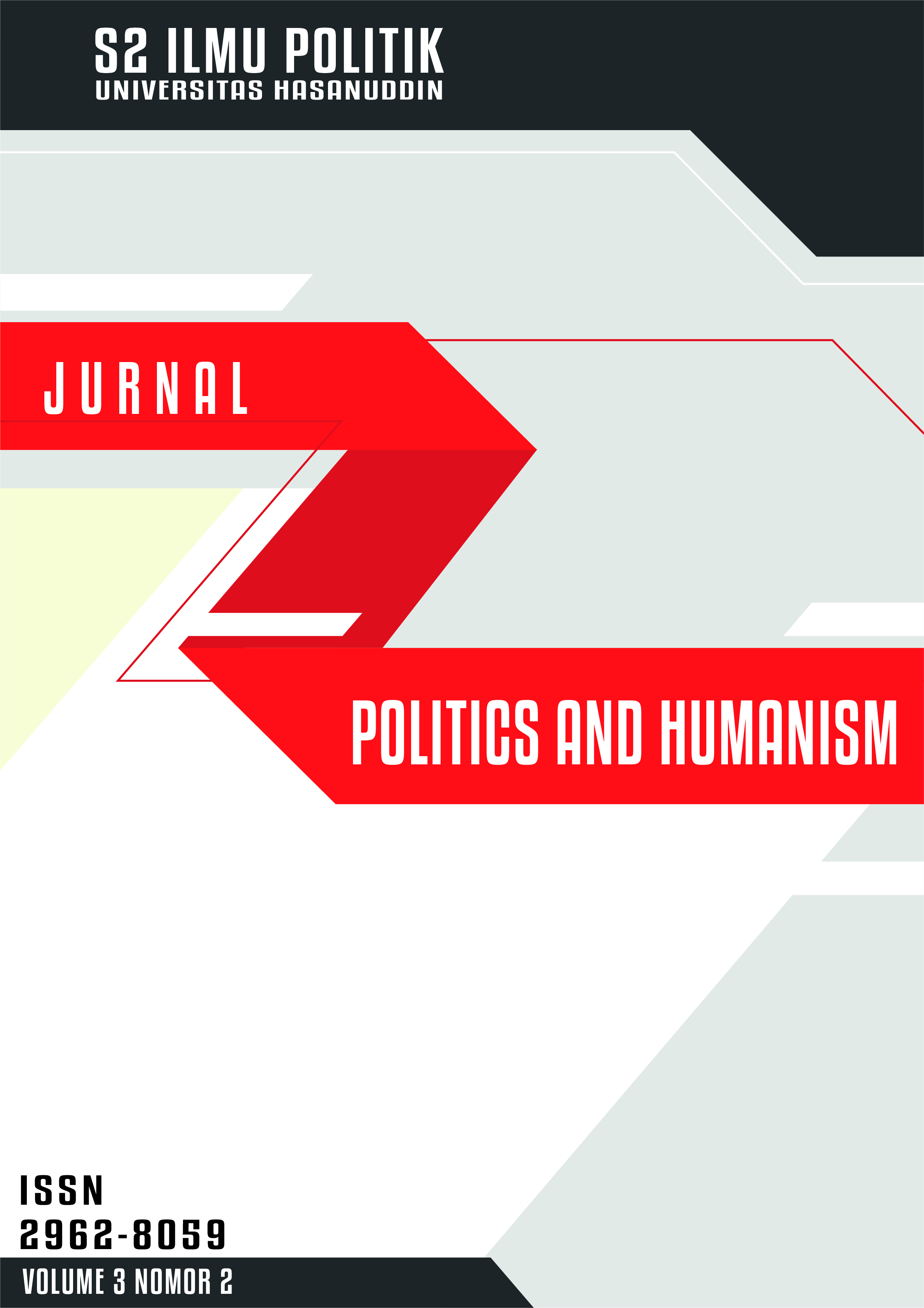Patterns of Social Media Use and Transformation of Digital Political Participation in Indonesia: Analysis of a Behavioralist Perspective
Keywords:
Social media, digital political participation, political behavioralism, digital public sphere, digital democracy, IndonesiaAbstract
This research analyzes the transformation of social media usage patterns and their impact on digital political participation in Indonesia. Through secondary data analysis from various official sources during the 2019-2024 period, the research reveals fundamental changes in how Indonesian society interacts with digital political space. Using a political behavioralism perspective, this study explores four main dimensions: transformation of social media usage patterns, demographic segmentation of users, duration and intensity of usage, and usage motivation in the context of political participation. The results show that social media penetration reaching 73.7% has created a complex digital public sphere, where WhatsApp (89.2%), YouTube (72.3%), and Facebook (70.2%) become dominant platforms. Demographic segmentation analysis reveals significant differences in platform preferences across generations, with Generation X more inclined toward YouTube (85%) and Facebook (77%). Average usage duration of 3.25 hours per day creates more fluid and personal patterns of political participation. Diverse usage motivations, from entertainment to networking, have transformed how society engages in political processes. These findings contribute to understanding new dynamics of political participation in the digital era and their implications for contemporary Indonesian democracy.Downloads
Published
2024-12-31
Issue
Section
Articles
License
Copyright (c) 2024 Politics and Humanism

This work is licensed under a Creative Commons Attribution 4.0 International License.



